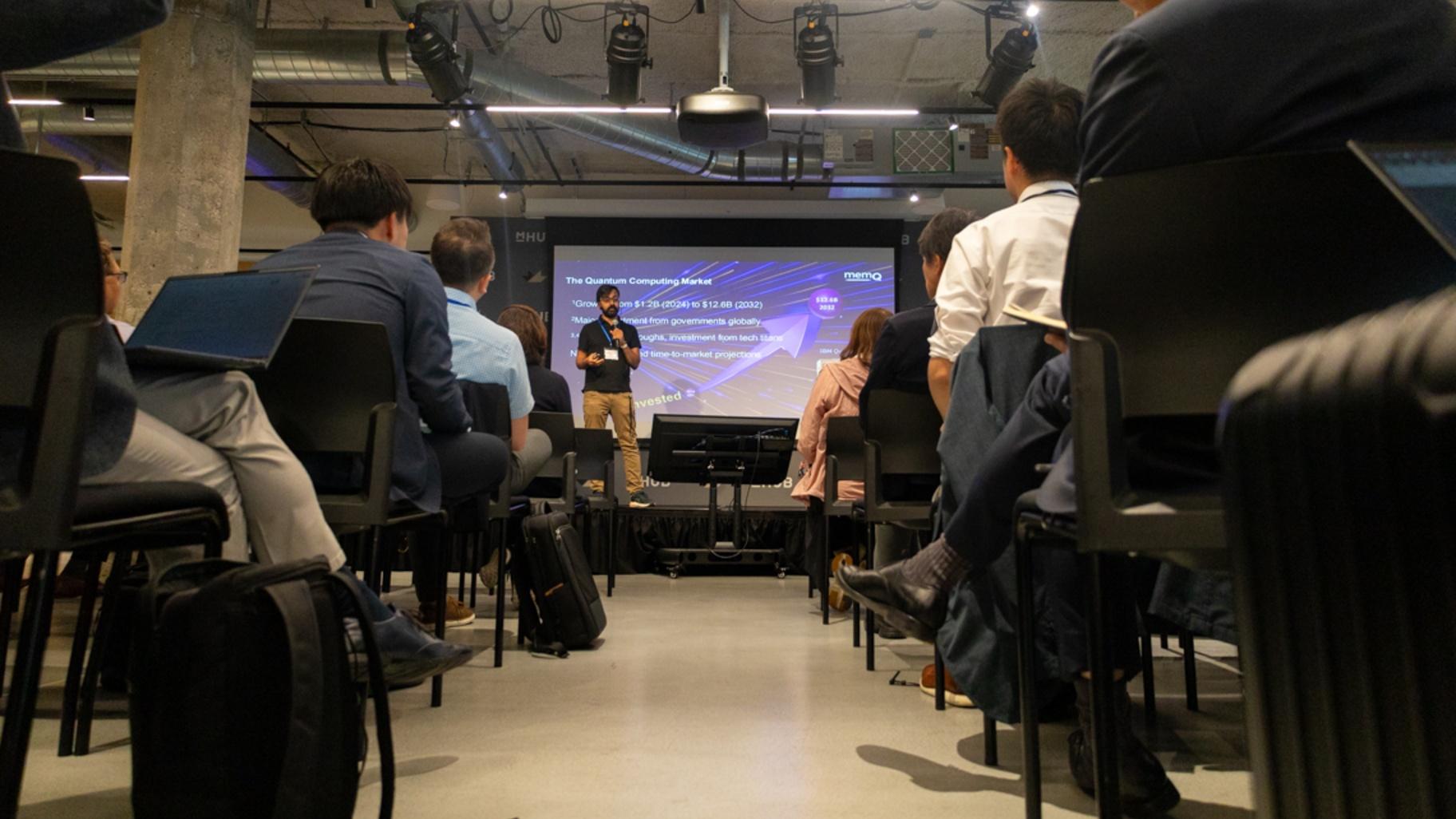OpenAI Lands $200M Pentagon Deal: Revolutionizing National Security Tech
In a significant move that underscores the growing importance of artificial intelligence in national security, OpenAI, the company behind groundbreaking models like ChatGPT, has secured a hefty $200 million contract from the U.S. Department of Defense (Pentagon). The agreement aims to develop cutting-edge technology to bolster national security capabilities, marking a pivotal moment for both the tech giant and the defense sector.
What's the Deal About?
The contract, officially announced by the Pentagon, focuses on leveraging OpenAI’s expertise in advanced AI to create tools and systems that can address a range of national security challenges. While specific details regarding the technologies being developed remain somewhat confidential, it’s understood the project will concentrate on areas like data analysis, threat detection, and potentially, autonomous systems. The Pentagon is clearly looking to harness the power of AI to gain a strategic advantage in an increasingly complex geopolitical landscape.
Location and Timeline
The majority of the work associated with this contract will be conducted in and around Washington, D.C., bringing high-tech AI development jobs to the region. The estimated completion date for the project is July 2026, indicating a multi-year commitment and a substantial investment in the development and refinement of these technologies. This timeline allows for iterative development, testing, and integration of the new AI capabilities.
Why This Matters: AI and National Security
This partnership highlights a broader trend of government agencies increasingly turning to AI for solutions. Traditional methods of intelligence gathering and analysis are often slow and resource-intensive. AI, with its ability to process massive datasets and identify patterns, offers the potential to dramatically improve efficiency and accuracy. However, it also raises important ethical considerations and concerns about potential misuse.
OpenAI's Role and Future Implications
For OpenAI, this contract represents a significant validation of its technology and a major source of funding. It also positions the company at the forefront of AI development for national security applications. This could lead to further collaborations with government agencies and a deeper integration of AI into defense strategies. The collaboration also raises questions about the responsible development and deployment of AI in sensitive areas, prompting discussions about oversight and ethical guidelines.
Beyond the Headlines: Challenges and Opportunities
While the $200 million contract is undoubtedly a win for OpenAI and a potential boon for national security, challenges remain. Ensuring the reliability and security of AI systems used in defense contexts is paramount. Furthermore, addressing potential biases in AI algorithms and mitigating the risk of unintended consequences will be crucial. The Pentagon and OpenAI will need to work closely together to navigate these complexities and ensure the responsible and effective use of AI technology.
The future of national security is inextricably linked with advancements in artificial intelligence, and this partnership between OpenAI and the Pentagon signifies a crucial step in that evolving landscape. As AI technology continues to mature, we can expect to see even greater integration of these capabilities into defense strategies worldwide.





